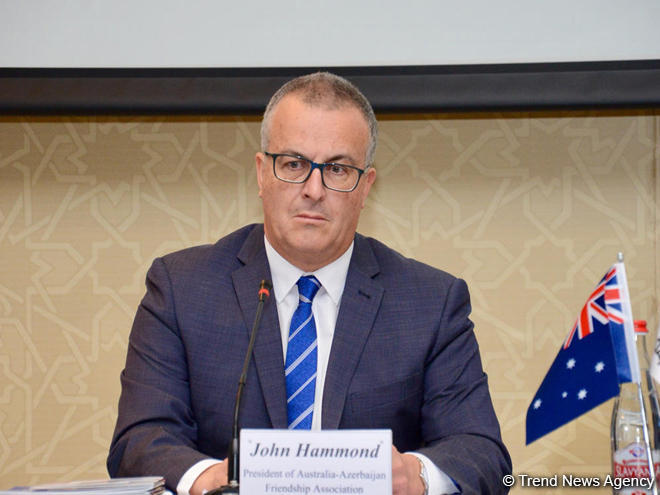British lawmakers could be given a vote on a revised Brexit deal as soon as next week as negotiators in Brussels scramble to clinch last-minute changes to a divorce accord that would avoid a potentially disorderly exit from the European Union, Trend reports referring to Reuters.
Unless Prime Minister Theresa May can get a Brexit deal approved by the British parliament, then she will have to decide whether to delay Brexit or thrust the world’s fifth largest economy into chaos by leaving without a deal on March 29.
When asked what would happen next week, finance minister Philip Hammond said: “There may be an opportunity to bring a vote back to the House of Commons - there may be an opportunity, but that will depend on the progress that is made in the next few days.”
May, once a reluctant supporter of EU membership who won the top job in the political chaos following the 2016 referendum, has promised to give lawmakers a chance to decide what to do about Brexit on Feb. 27 unless she can bring back a deal.
She pressed for “legally binding changes” at talks with European Commission President Jean-Claude Juncker on Wednesday. May wants to prevent the “backstop” policy on the Irish border binding Britain indefinitely to EU rules.
Lawmakers on Jan. 15 voted 432-202 against her deal, the worst defeat in modern British parliamentary history, largely due to the Irish backstop, which is intended to avoid new trouble in Northern Ireland.
With the clock ticking down to March 29, the date set in law for Brexit, the United Kingdom is ensnared in the deepest political crisis in half a century as it grapples with how, or even whether, to exit the European project that it joined in 1973.
Juncker said he was pessimistic about the chances of Britain leaving the European Union with a deal and warned the failure to agree an orderly divorce would be economically devastating.
“If no deal were to happen, and I cannot exclude this, this would have terrible economic and social consequences in Britain and on the continent,” he said. “But I am not very optimistic when it comes to this issue.”






